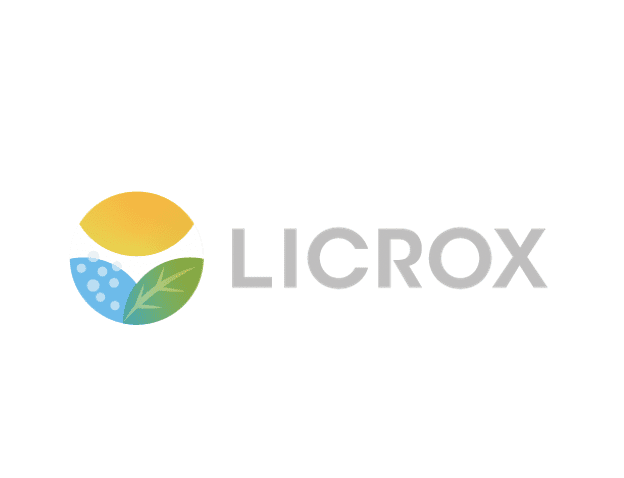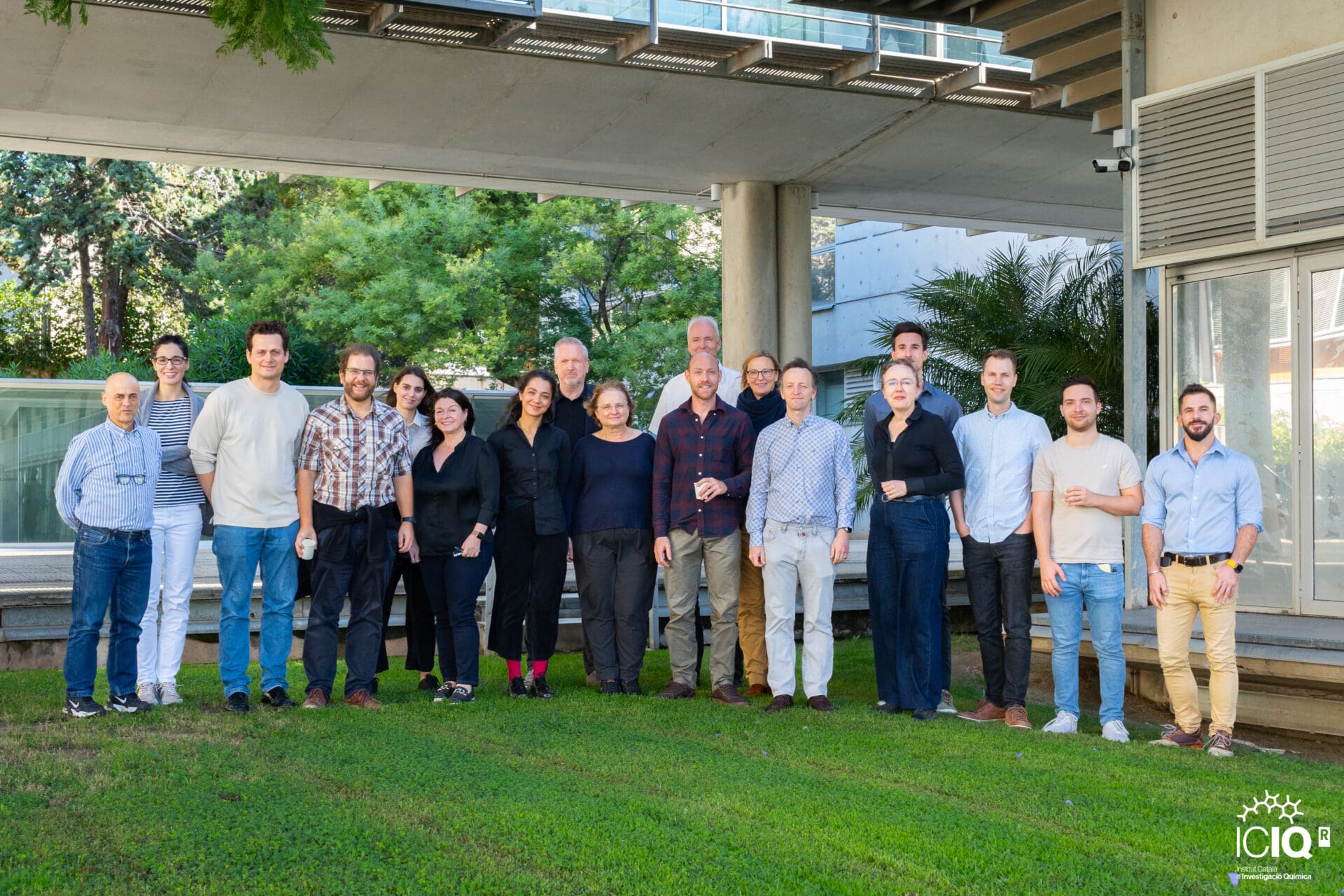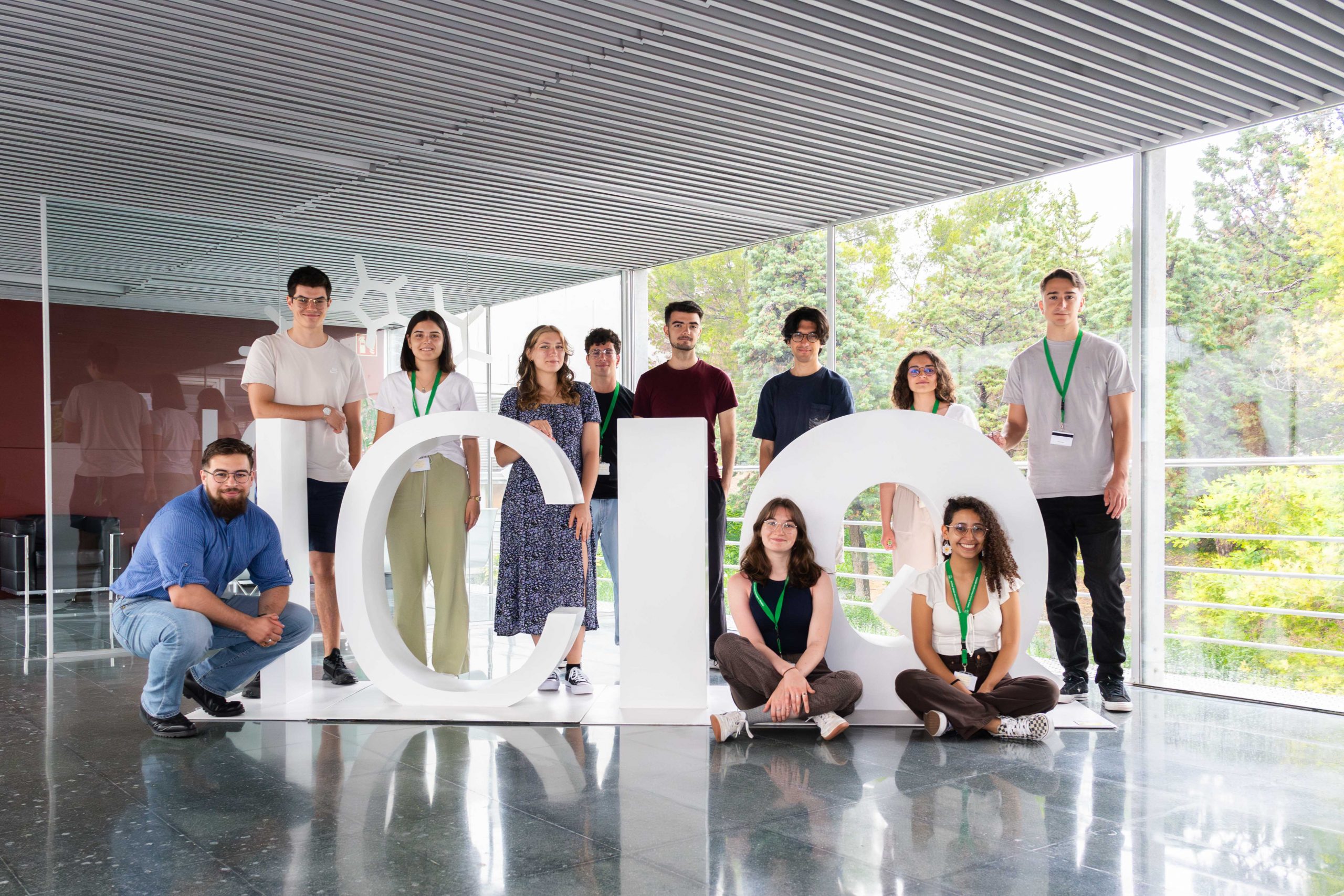LICROX: €3 million and 3 years to convert CO2 and sunlight into solar fuels
As 2020 comes – slowly – to an end, it is clear humanity needs to work together to overcome global challenges. Aside from the pandemic, 2020 will be remembered as one of the warmest years on the books. The recently approved European Green Deal aims to build a sustainable growth strategy to reach climate neutrality in the continent by 2050. Radically new technologies based on renewable energies will need to be developed in the coming years to reach such an ambitious target, to the LICROX scientist’s artificial photosynthesis will have a key role to fight climate change.
The natural process of photosynthesis allows plants and other photosynthetic organisms (algae and some bacteria) to convert solar energy, water and carbon dioxide (CO2) in carbohydrates (their fuel). Artificial photosynthetic systems mimic this natural process aiming to outperform it by developing more efficient and simpler procedures. Among these, photoelectrochemical cells (PECs) have the potential to become an efficient and cost-effective technology for the direct conversion of solar energy. Current drawbacks in their development include poor PEC efficiency in absorbing sunlight, poor selectivity in the reduction of CO2 to carbon-based compounds and utilisation of non-abundant or toxic elements in the catalytic materials.
“LICROX is a highly multidisciplinary effort where chemistry, physics, engineering, optics and social involvement specialists join together with the final aim to contribute to the global transition from fossil fuels to solar fuels. The best photoanode and photocathode produced through the project will be implemented and validated in a final PEC prototype,” explains Prof. Antoni Llobet, LICROX coordinator.
LICROX aims to implement a new PEC type incorporating light trapping mechanisms to boost the light harvesting efficiency and catalysts made of only abundant elements to selectively drive water oxidation and carbon dioxide reduction reactions in order to obtain carbon-based products like ethylene, one of the most important products currently used by the chemical industry, in high efficiencies.

Scheme of the LICROX photoelectrochemical cell (PEC) for the generation of solar fuels. The device consists of: i) left: photoanode, water oxidation takes place, ii) middle: a semi-transparent organic photovoltaic solar cell (OPV), and iii) right: photocathode, carbon dioxide reduction (CO2R) takes place.
With a total budget of € 3 199 602,50 and a duration of 3 years, starting last 1st of September 2020, the project has been awarded within the European FET Proactive call (FETPROACT-EIC-05-2019): emerging paradigms and communities, under the subtopic: Breakthrough zero-emissions energy generation for full decarbonization.
LICROX brings together a consortium of 7 European partners, including two technical universities: Technical University of Munich (TUM, Germany) and École Polytechnique Fédérale de Lausanne (EPFL, Switzerland); two research institutes: Institute of Photonic Sciences (ICFO, Spain) and Institute of Chemical Research of Catalonia (ICIQ, Spain); two companies: Avantama (Switzerland) and Hysytech (Italy); and a foundation working in technology assessment and public engagement: the Danish Board of Technology Foundation (DBT, Denmark).
Last 8th of October the project celebrated its virtual kick-off meeting, which served to virtually meet the team members, share the overview of the project structure and organisation, plan the main actions for the first months and introduce the current members of the project’s External Advisory Board, Prof. Michael Grätzel (Professor of Physical Chemistry at EPFL) and Prof. Maximilian Fleischer (Chief Expert Energy, Siemens Energy), who also participated in the meeting.
Related news

Let's create a brighter future
Join our team to work with renowned researchers, tackle groundbreaking
projects and contribute to meaningful scientific advancements







 16-12-2024
16-12-2024 


















